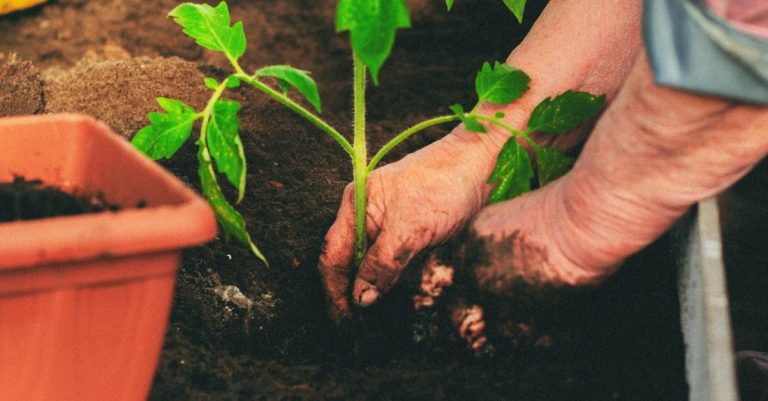
Crop rotation is a fundamental practice in organic gardening that offers a multitude of benefits for both the soil and the plants. By rotating crops in a systematic manner, organic gardeners can improve soil health, enhance crop productivity, and reduce the risk of pests and diseases. Let’s explore the various advantages of implementing crop rotation in your organic garden.
Enhanced Soil Fertility
One of the primary benefits of crop rotation in organic gardening is the improvement of soil fertility. Different plant species have varying nutrient requirements, and growing the same crop in the same spot year after year can deplete specific nutrients from the soil. By rotating crops, gardeners can prevent nutrient depletion and maintain a healthy balance of essential minerals in the soil. Furthermore, certain crops, such as legumes, have the ability to fix nitrogen in the soil, thereby enriching it naturally. Crop rotation helps to harness the natural fertility of the soil, leading to healthier plants and higher yields.
Pest and Disease Management
Crop rotation is an effective strategy for managing pests and diseases in organic gardens. Many pests and diseases have specific host plants, and by rotating crops, gardeners can disrupt the life cycle of these harmful organisms. For example, planting a different crop in a particular area can prevent the buildup of pests that target the previous crop. Additionally, some plants have natural pest-repelling properties, which can help deter harmful insects and pathogens. By diversifying the plant species in your garden through crop rotation, you can create a more balanced ecosystem that is less prone to pest and disease outbreaks.
Weed Suppression
In addition to managing pests and diseases, crop rotation can also help suppress weeds in organic gardens. Weeds compete with crops for nutrients, water, and sunlight, which can hinder their growth and productivity. By rotating crops, gardeners can disrupt the growth patterns of weeds and prevent them from establishing themselves in the soil. Furthermore, certain crops, such as cover crops, can be used in rotation to smother weeds and prevent their germination. By implementing a strategic crop rotation plan, organic gardeners can minimize the need for manual weeding and herbicides, promoting a more sustainable and eco-friendly approach to weed management.
Improved Soil Structure
Another benefit of crop rotation in organic gardening is the improvement of soil structure. Different crops have varying root systems that can penetrate and aerate the soil to different depths. By rotating crops with different root structures, gardeners can prevent soil compaction and improve its overall structure. Deep-rooted crops can break up hardpans and improve drainage, while shallow-rooted crops can help prevent erosion and retain moisture in the soil. This diverse root activity enhances soil health and promotes a thriving underground ecosystem that supports plant growth.
Increased Biodiversity and Resilience
Crop rotation promotes biodiversity in organic gardens, which is essential for building a resilient and sustainable ecosystem. By growing a variety of crops and creating diverse habitats for beneficial organisms, gardeners can encourage a balanced food web that supports natural pest control and nutrient cycling. Biodiversity also enhances the resilience of the garden against environmental stresses, such as extreme weather events and climate change. By embracing crop rotation as a tool for biodiversity enhancement, organic gardeners can create a dynamic and self-sustaining environment that thrives in the long term.
In conclusion,
Crop rotation is a cornerstone practice in organic gardening that offers a host of benefits for both the garden and the gardener. By enhancing soil fertility, managing pests and diseases, suppressing weeds, improving soil structure, promoting biodiversity, and increasing resilience, crop rotation plays a vital role in creating healthy, productive, and sustainable organic gardens. By incorporating crop rotation into your gardening routine, you can cultivate a diverse and thriving ecosystem that yields bountiful harvests while preserving the health of the soil and the environment.





